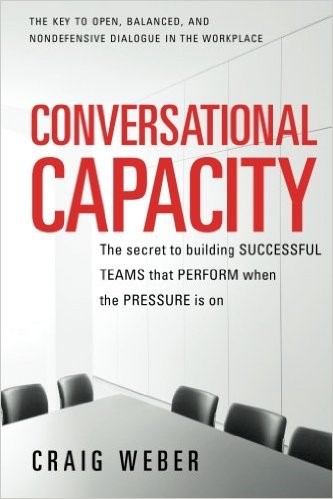How do you know if training produces results?
W. Edwards Deming was once quoted as saying “Don’t ask me the ROI on training, you either believe that education has the greatest form of leverage or you do not.” His point is this: when you are in a knowledge economy the most learned win.
But that’s only one part of the equation…isn’t it? It’s also about taking action on that knowledge. The implementation and production of results matters too. As I like to say …from abstraction to action!
Here are questions to consider when trying to answer the results question.
- Do you give employees a way to rank or rate the value of the training?
- Do you follow up with them a month later to find out their execution on the knowledge gained?
- Is the training offered in alignment with the strategic objectives of the company? The closer you are to the core strategic outcome desired the more effective your training will be.
- Has it helped people to become more productive? What did they stop and what did they start? How do you measure that?
- Does it fill a skills gap?
What other ancillary benefits can the training provide?
- It emphasizes a dedication to continuous improvement.
- An increase in creativity, innovation and suggestions.
- Becoming a more attractive employer (…so long as you market your great training programs in the hiring process).
- Lower turnover rates.
- Decrease in complaints and lawsuits.
- An improvement in communication and employee relations.
- Often, we can grow our organizations through internal talent by using training rather than bringing in lateral hires and having to engage in cultural unlearning with them.
Whether you are trying to implement a new project management software program or reduce bias claims you want your training to be effective…meaning it helps to produce results. You also want it to be something that employees look forward to because it is insightful and engaging.
And talk about great training…have you signed up for the Great HR program yet? If not, what are you waiting for? It’s awesome! And, if you are not in HR have your HR person register. You will be glad they did! www.greathr.com





